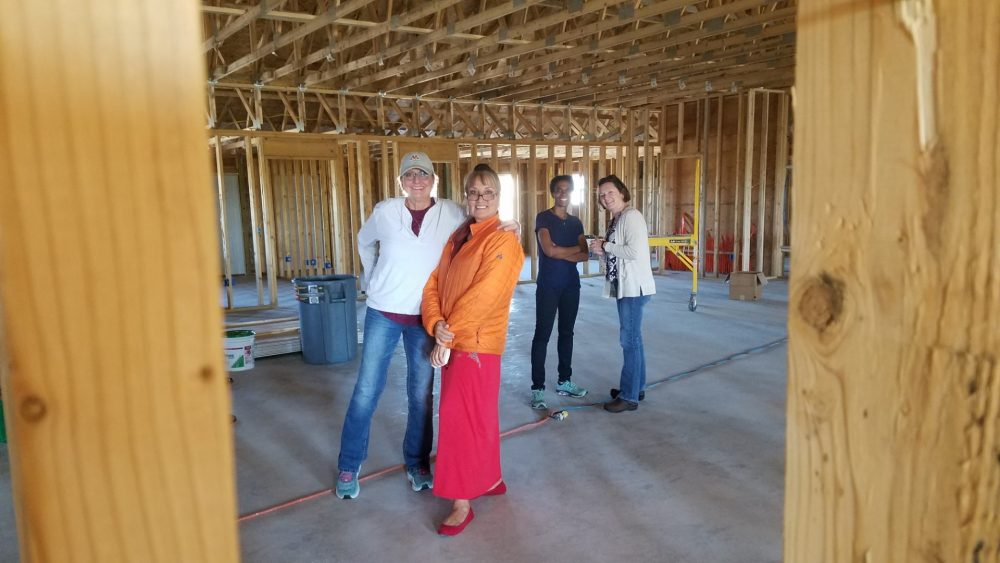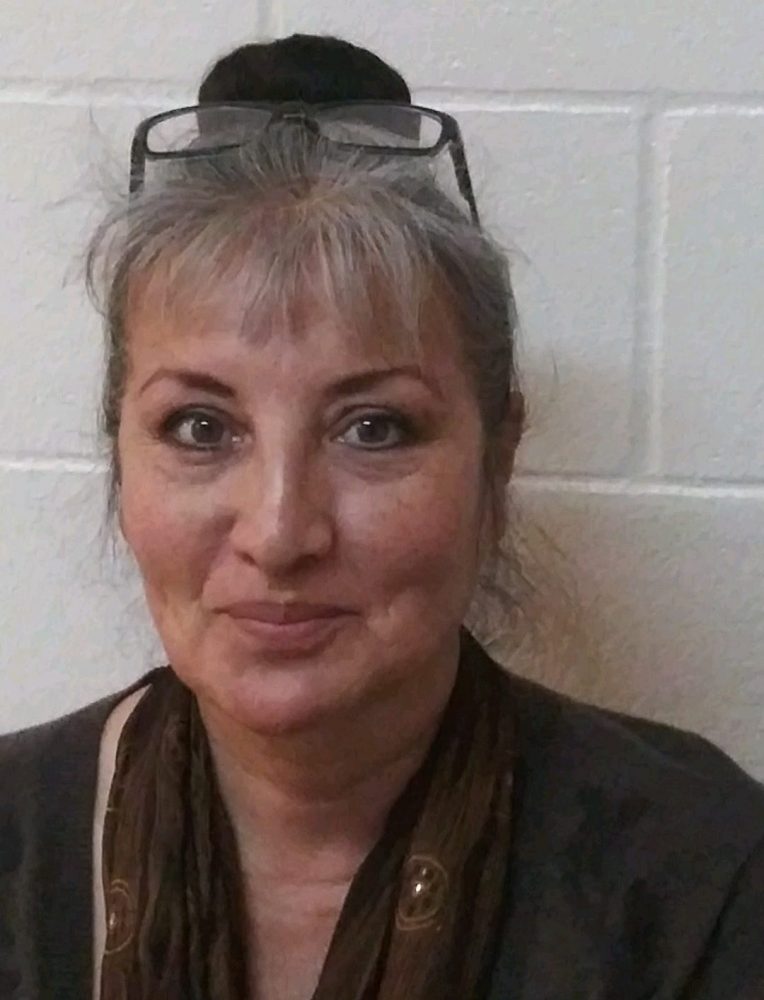The Very Long, Unpredictable Road Home…
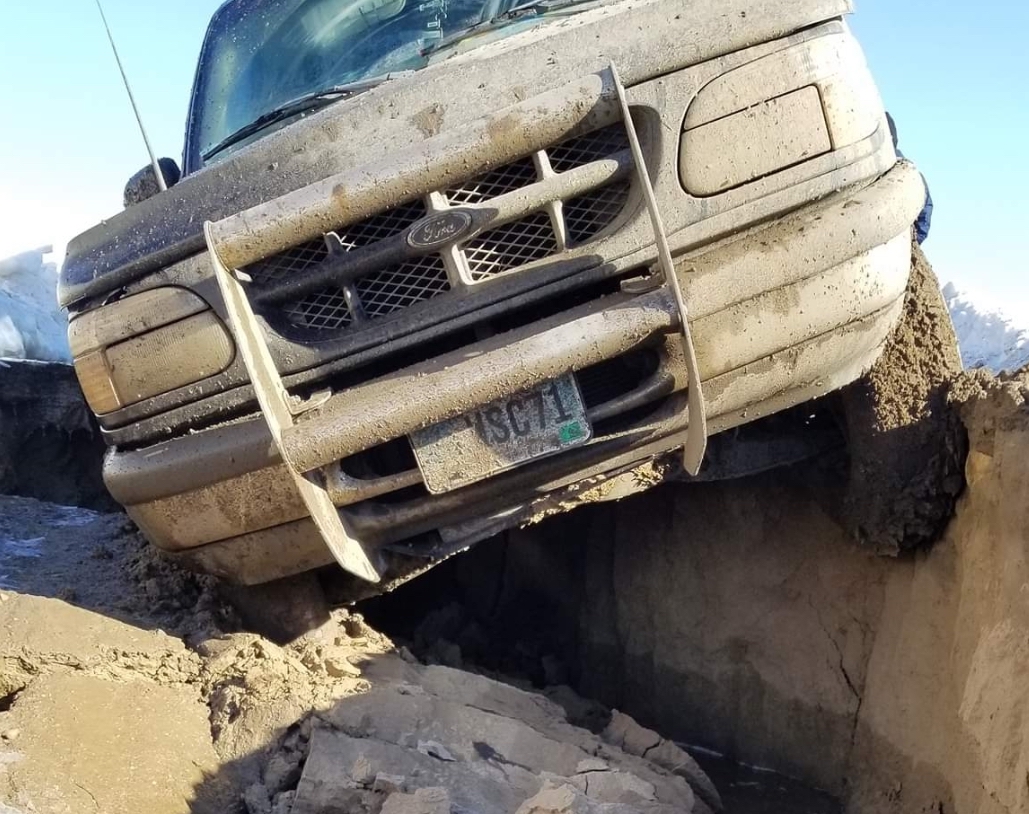
“Ulmer” – that name seems innocuous enough – but as the bomb cyclone that hit Pine Ridge Indian Reservation in mid-March, Ulmer was a monster. The second, more recent bomb cyclone was not as intense, it simply made matters worse.
Prior to the huge storm, people went about their business – children going to school, people going to work and doctor’s appointments. You know, the usual. Our lands were not perfect; the paved roads and country roads were a bit bumpy but passable. Then the storms and flooding changed everything!
Here on Pine Ridge I wear at least three hats. I’m the outreach coordinator for the Pine Ridge Long Term Recovery Office. I am a tribal liaison consultant, working with communities toward self-sufficiency. And as a volunteer, I’m helping out wherever I can. The storm continues to put all of these responsibilities to the test.
Our Long-Term Recovery Office stayed open during the storms, assisting with donations, volunteers and outreach. We were there as calls came in for help. Medical assistance was required across the reservation. Some were reachable, sadly others were not.
I’m sure you’ve heard about the flooding in the Midwest but allow me to paint a picture for you. Blizzard white-out conditions with 70 mph winds, followed by a fast warming period that caused the snow to melt rapidly, adding to the already saturated ground conditions. Flooding caused swollen rivers and creek beds that washed out road and culverts. The country roads were ravaged by the rushing flood waters and some are now nonexistent! Gravel roads disappeared as families drove on them to go home. The roads opened up as if trying to swallow the vehicles, creating life-threatening conditions. We drive over hills, hoping to not fall into holes or we cut wire fences to drive through ditches to create a way out or back in.
Everyday life has changed as so many face miseries at home. If they are at home. Basements have flooded; trailers/manufactured homes are shifting and or sinking. Doors are not shutting properly, and windows won’t open. Sewer or septic systems are flooding into and under homes. Water mains have broken across the Reservation, creating additional flooding and many communities have been without water. There has been a large response effort to provide water and food to many communities that are difficult to reach because of the poor road conditions and flooding. UTVs, horses, tractors, vehicles with tracks and evacuation vehicles have had to be used to get necessary supplies to them.
For me personally, I am grateful my family and I are safe … but I cannot go home. The shelter is our home for now. Although my house is on higher elevation and my road was graveled – a very good road since 2007 that had never flooded – the horrendous force of the storm rendered it impassable with a car. Even the pickup I rented hits bottom as I drive. I know others are in worse situations, so I try to remain thankful, but it will be a very, very long road home for my family and for all of us on the Reservation.
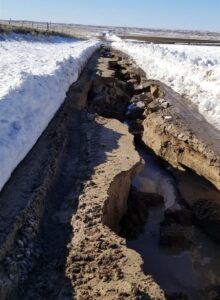
My biggest concern? It is that the roads will not be repaired. Our tribe lacks the financial resources, the manpower and the equipment necessary to fix the roads for the people. The Bureau of Indian Affairs (BIA) Road Department takes care of about 575 miles of road across the reservation and family home sites are usually situated off these roads. Some families live many miles off these graveled roads on their own ancestral homelands. People with medical needs are not going to be able to get out. Families may suffer the loss of loved ones. Others will struggle with lack of food or a warm, safe home. I fear depression may affect our children. I fear the suicides or other domestic issues that may happen in families as they are continually stressed.
Really, there is not just one area to be concerned about. In our Lakota language we say “mitakuye oyasin” – we are all connected – the earth, the two-legged, the four-legged, the winged, the water and air. One cannot survive and thrive without the other. This is the same for this flooding caused by Ulmer, all the damages and possible damages are connected.
The ways to recovery are connected too. Our needs include good safe homes, good roads and food sovereignty. I believe too, for recovery, we as a people need to relearn how to be Lakota – learning to grow and cook nutritious food and remembering how to be in community. Our ancestors were strong, nomadic and resilient people. When placed on a reservation, our way of living was decimated. The storms have made worse the overwhelming challenges we face every day.
So, what can you do to assist in our recovery? If we had funds for planting food and for repairing homes and infrastructure, along with capable consultants or volunteers to assist, that would be a start. This would help restore a sense of pride and anticipation of a better future. That is what I am hoping for!
We are grateful to CDP. In the past few years, their grants have assisted Pine Ridge with repairs for homes utilizing local tribal people – that is so important. Through CDP funding, capacity building in our Pine Ridge Long Term Recovery Office has brought trainings in disaster case management and construction management. There is a new component that has been added that includes a training to develop youth resiliency for which I am very excited! This is what I mean by creating a sense of promise for the future. It matters to our community and it matters to our country. “Mitakuye oyasin” – we are all connected.
Editor’s Note: If you wish to support these communities affected by the storms, please give to the CDP 2019 Midwest Floods Recovery Fund.
More like this
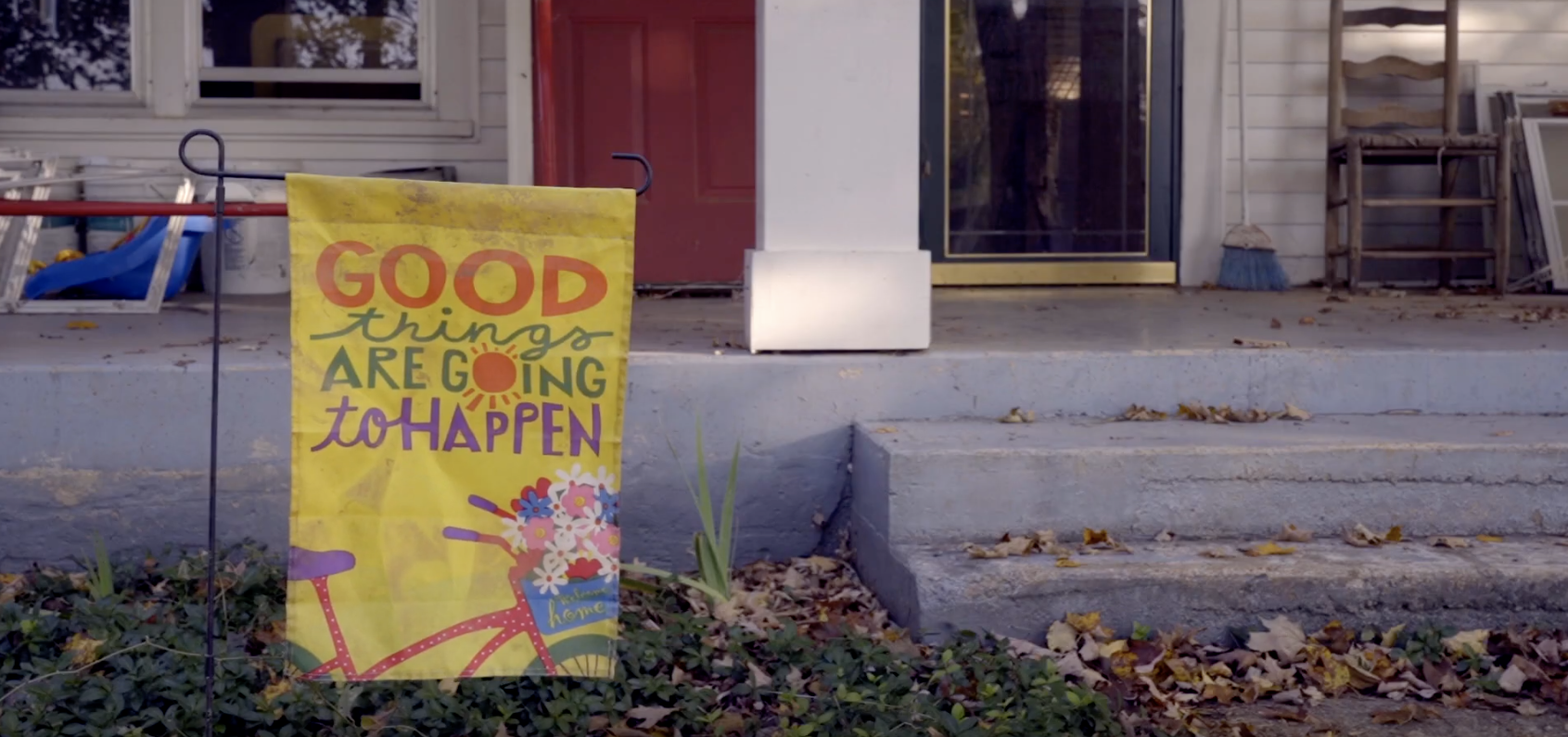
Voices of Recovery: Empowering Rural Communities
